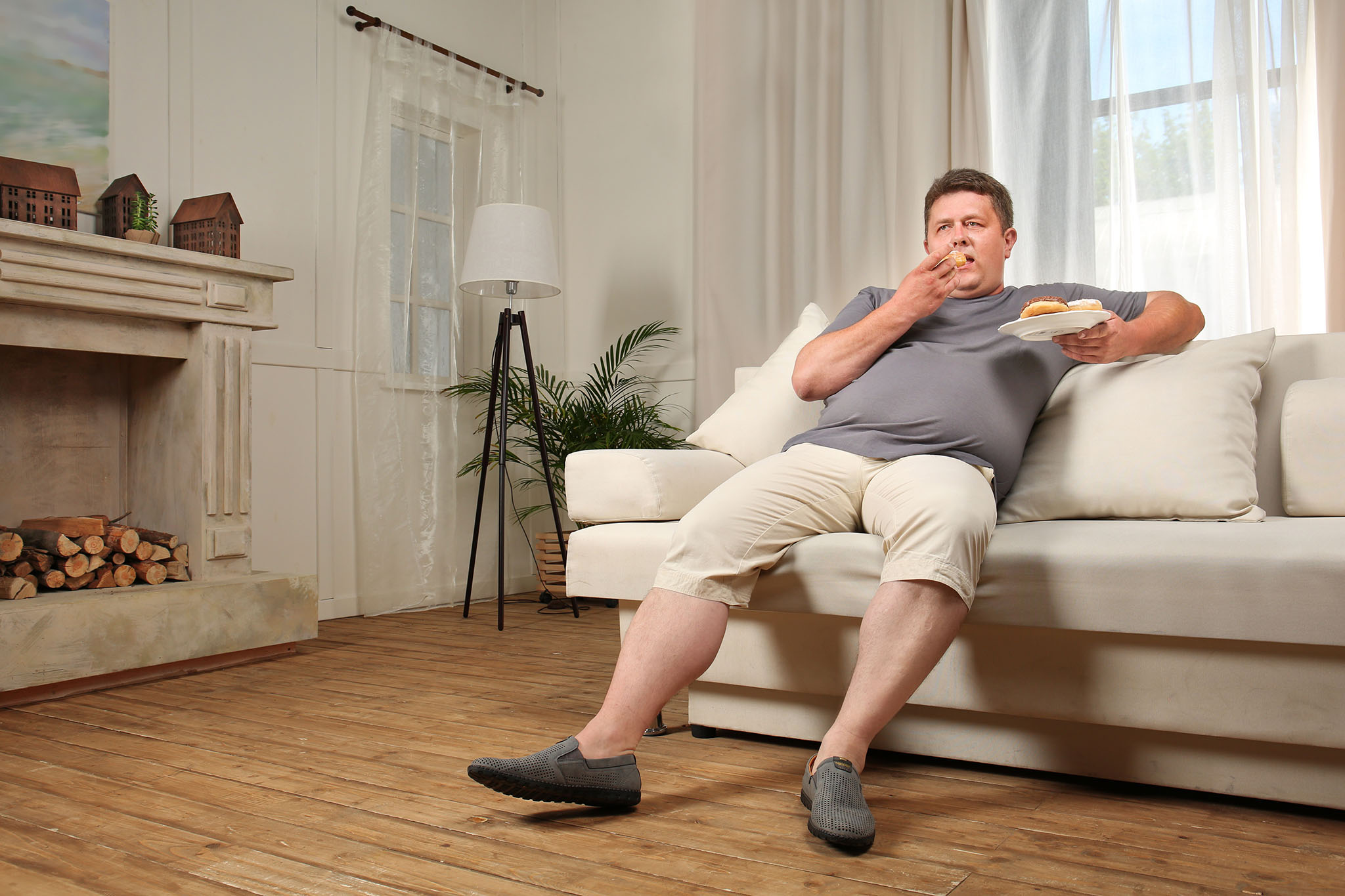Dad bod. Beer belly. Spare tire. Men’s protruding bellies have long had pet names and served as the source of many jokes.
But behind the humor, danger lurks. The health effects of extra fat in the abdomen, also called visceral fat, are serious. Men who have an unhealthy amount of body fat and who pack more pudge around their middles have a greater risk for:
- Heart disease
- A dangerous type of irregular heartbeat called atrial fibrillation
- Cardiovascular disease
- Diabetes
- High blood pressure
- Stroke
- Cancer
- Dementia
Some of these effects can occur even in men who don’t technically qualify as overweight or obese by measures such as body mass index (BMI).
For Fat, Location Matters
Why does it make a difference where men’s flab collects? For one thing, fat in the abdomen is positioned closer to vital organs. Sometimes, it can be deposited directly within them.
All fat secretes hormones that can trigger health problems. But researchers have identified a host of chemicals that link visceral fat to many diseases.
Some lab tests can measure belly fat. But you can easily check it on your own by measuring your waist. While standing, wrap a measuring tape just above your hipbones. Exhale, then check the number. For men, a waist that’s greater than 40 inches could raise health risks.
Get a Handle on Your Girth
The same tried-and-true methods that promote weight loss overall — eating better and moving more — banish belly fat, too. But paying special attention to these strategies may help slim down your midsection, specifically:
- Cut back on booze. There’s truth to one stereotype: Greater alcohol consumption may lead to a bigger gut. Drinking less alcohol, two drinks or less in a day, can improve health. Most alcoholic drinks are high in calories, which is often associated with weight gain.
- Sit less. In one study, sedentary behavior was linked to waist circumference. Break up time at your desk or on the couch by moving once per hour — try walk breaks around the block or office.
- Crank up your workouts. Any physical activity can zap fat. But some research suggests that both aerobic activity, such as brisk walking, and strength training, such as exercising with weights, can help trim visceral fat.
Breathe Easier for $25
Columbus Regional Health offers low-dose CT scans of the chest to find lung cancer when it is easier to treat. People ages 50 to 80 may benefit from a scan if they:
- Have a history of heavy smoking (one pack a day for 20 years or two packs a day for 10 years)
- Currently smoke
- Have quit smoking in the past 15 years
If you meet the criteria, call 812.579.4400 to schedule a scan today.
Learn more here.


